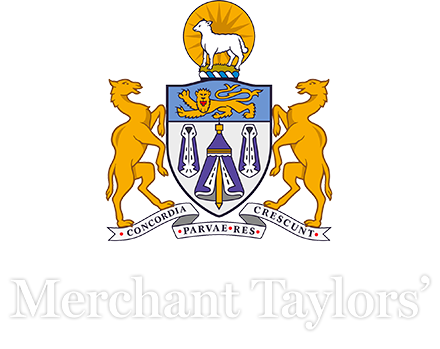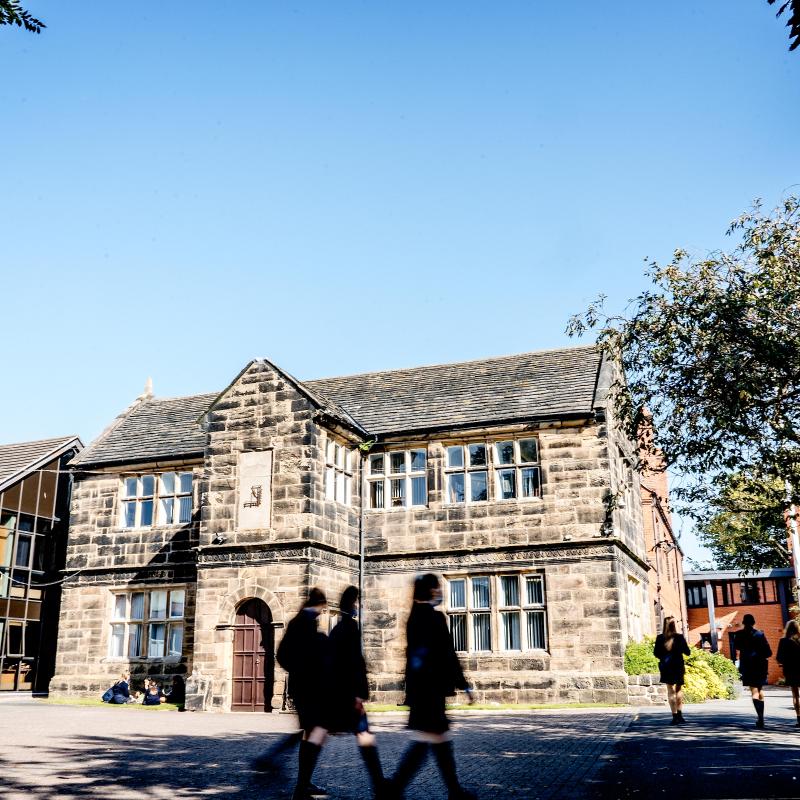Design & Technology
Design and technology gives young people the skills and abilities to engage positively with the designed and made world and to harness the benefits of technology.
They learn how products and systems are designed and manufactured, how to be innovative and to make creative use of a variety of materials and digital technologies, to improve the world around them.
Lower School
All girls in Years 7 and 8 study a 22-week Design and Technology course which introduces pupils to concepts of iterative design and problem-solving, as they complete a number of design and make challenges.
These challenges have been designed to support pupils to develop their communication skills, adopt an innovative approach and think critically.
Year 7 – pupils are introduced to concepts of iterative design and problem-solving, as they complete a number of design and make challenges
Year 8 – pupils continue with design challenges and problem-solving.
In Year 9, girls are given the option of studying Design and Technology and more than half the year group currently take this opportunity.
During this 32-week course, pupils develop their understanding of the iterative design process as they develop their communication and problem solving skills. They explore the design context to understand the importance of assessing the needs of stakeholders and users.
Learning is predominantly through the completion of a number of practical design and design and make projects which are designed to support students to develop their own creative solutions.
GCSE Design and Technology
GCSE Design and Technology prepares pupils to participate confidently and successfully in an increasingly technological world.
Taught by a specialist teacher, girls gain awareness of wider influences on Design and Technology including historical, social, cultural, environmental and economic factors, while also working creatively when designing and making and apply technical and practical expertise.
Pupils study core technical and designing and making principles, including a broad range of design processes, materials techniques and equipment. They also have opportunity to study specialist technical principles in greater depth and apply previously acquired engineering principles and craft skills.
Assessment is by written exam, worth 50% of the overall mark, and a substantial design and make project, also worth 50%.




